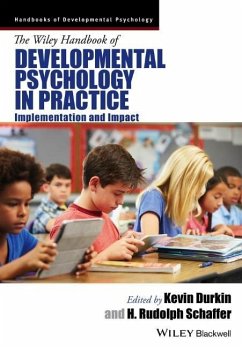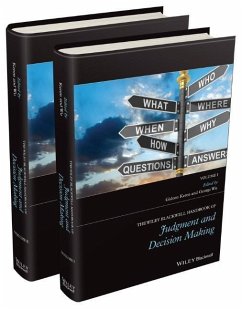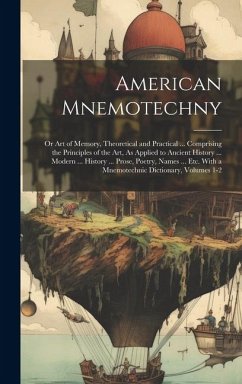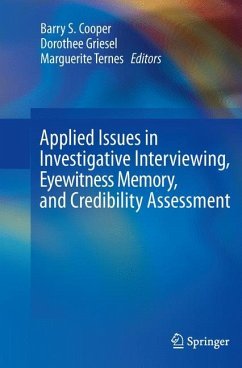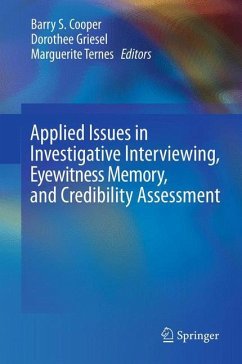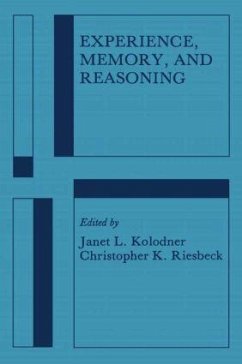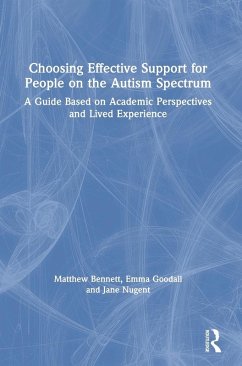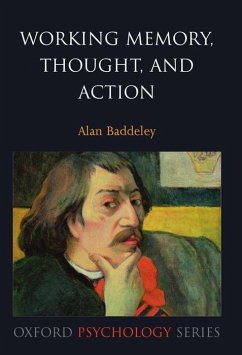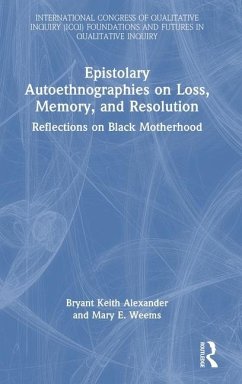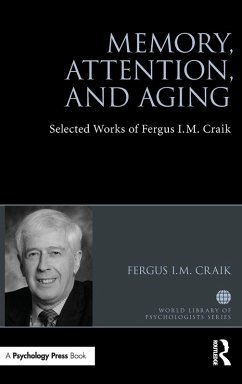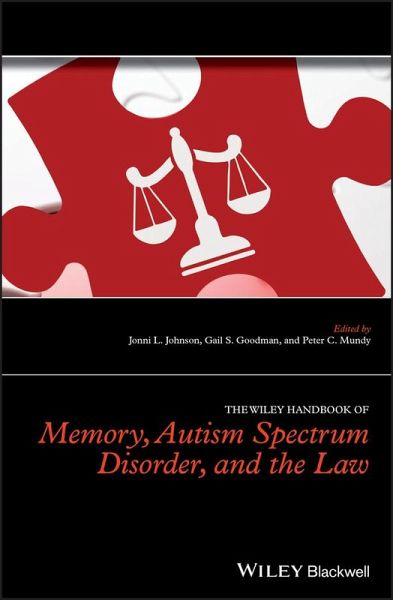
The Wiley Handbook of Memory, Autism Spectrum Disorder, and the Law
Versandkostenfrei!
Versandfertig in über 4 Wochen
183,99 €
inkl. MwSt.
Weitere Ausgaben:

PAYBACK Punkte
92 °P sammeln!
An important contribution to understanding autobiographical memory in those with ASD and the unique legal challenges it presents This book offers an in-depth discussion of how autobiographical memory operates in individuals with Autism Spectrum Disorder (ASD) and provides unique insights into current challenges faced by legal professionals, forensic psychologists, clinicians and others who extend services to those with ASD. Throughout the book, authors demonstrate why a nuanced understanding of autobiographical memory and its development is required when assessing individuals with ASD, given p...
An important contribution to understanding autobiographical memory in those with ASD and the unique legal challenges it presents This book offers an in-depth discussion of how autobiographical memory operates in individuals with Autism Spectrum Disorder (ASD) and provides unique insights into current challenges faced by legal professionals, forensic psychologists, clinicians and others who extend services to those with ASD. Throughout the book, authors demonstrate why a nuanced understanding of autobiographical memory and its development is required when assessing individuals with ASD, given possible social and cognitive deficits associated with this disorder. Authors explore current legal services and structures, while also discussing ideas on whether and how modifications can be made to meet the needs of all individuals who seek and deserve justice, including individuals with ASD. The Wiley Handbook of Memory, Autism Spectrum Disorder, and the Law is sure to spark debate within the mental health and legal communities, while advancing knowledge on how key clinical features of ASD influence autobiographical memory. The book is distinct in its exploration of ways in which the legal system, with its formal yet inherently social infrastructure and regulated due process demands, should offer services to those with ASD and questions if current policies and practices, such as reliance on interviewing protocols standardized for typically developing individuals, are adequate. The book is divided into three sections with the first discussing theoretical viewpoints on how memory functions in those with and without ASD, with specialized discussion on developmental issues. A second section reviews empirical evidence, followed by a third and final section addressing legal and clinical considerations, including techniques for interviewing individuals with ASD. * The first book offering an expert, science-based review of autobiographical memory research on those with ASD and the associated legal challenges * Provides thought-provoking, informative, often debated observations on autobiographical memory in ASD from an international team of experts * Offers summaries of what is known about memory abilities in those with ASD as well as what is left unknown that future researchers will need to address and that legal professionals should consider A book that does much to advance the research frontier in the study of memory in ASD and application to the legal system, The Wiley Handbook of Memory, Autism Spectrum Disorder, and the Law is important reading for academic researchers, clinicians, judges, jurors, law enforcement officials, and public policy makers alike.




